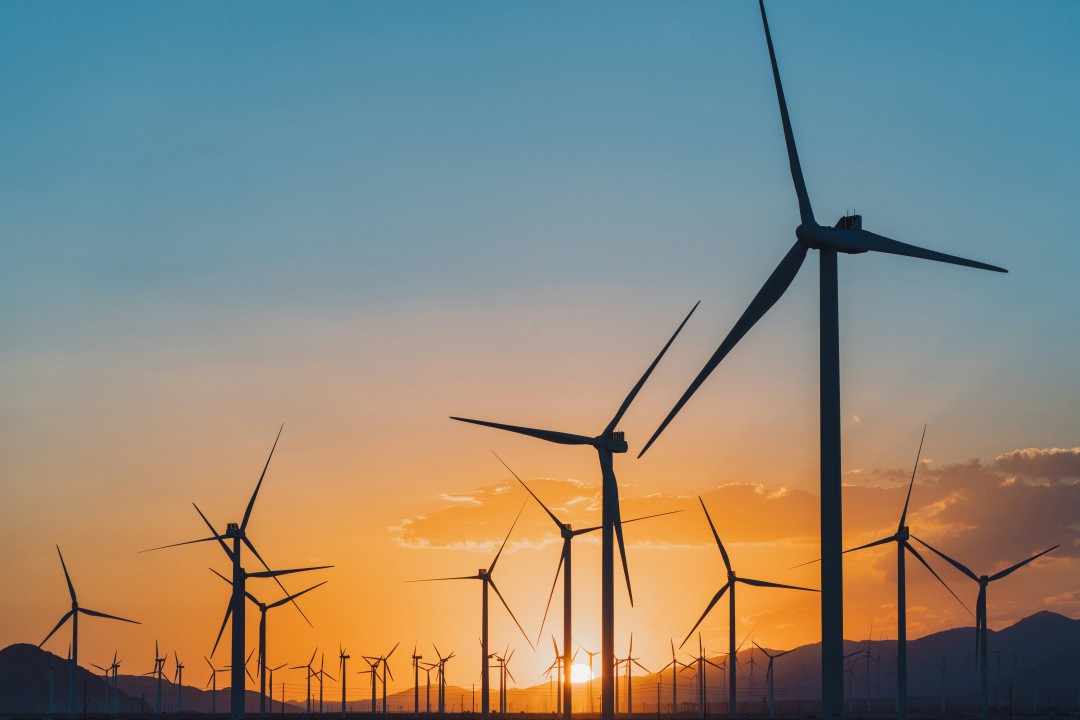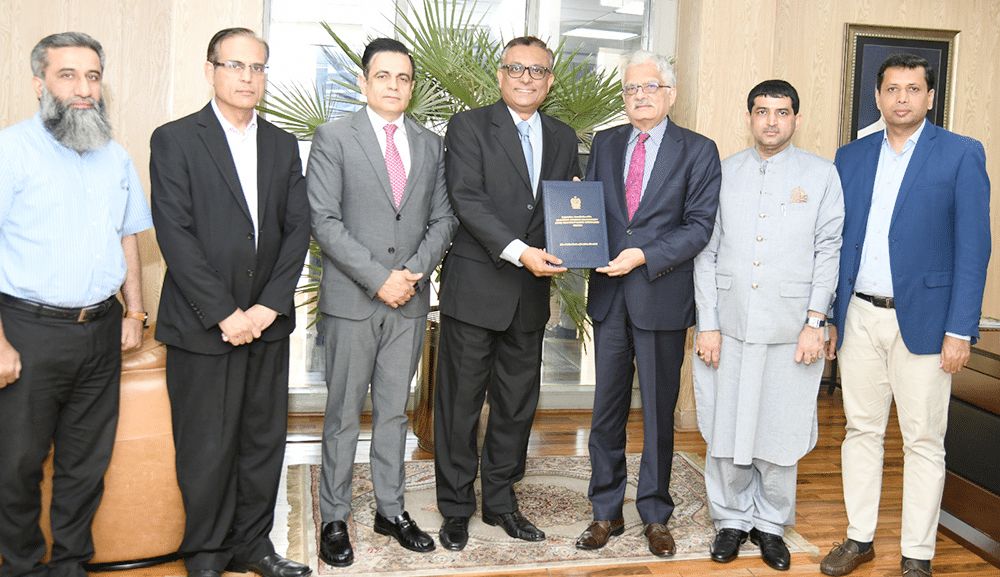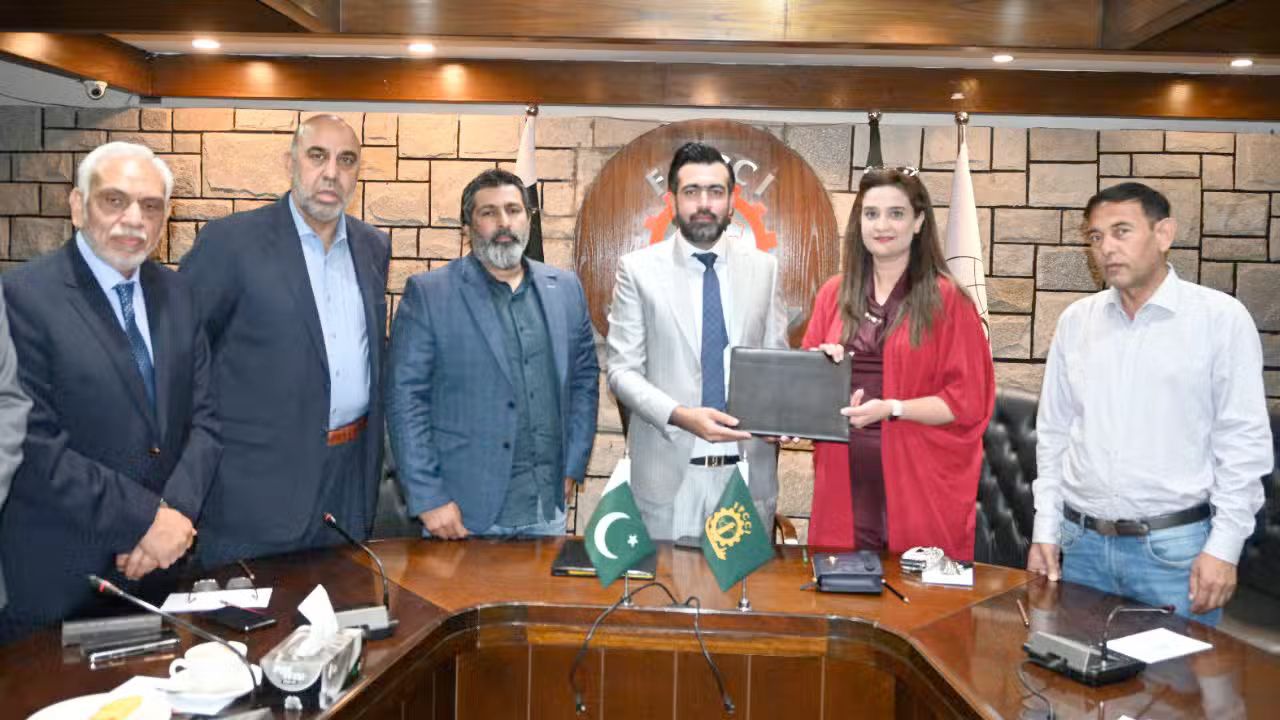In response to growing climate threats, Renewables First and New Energy Nexus have officially launched Climate Innovation Pakistan (CLIP)—a first-of-its-kind national platform dedicated to advancing climate tech innovation in Pakistan.
Read More: Macpac Films Launches Commercial Production with Advanced Thermal Extrusion Coating Machine
Despite contributing less than 0.9% to global greenhouse gas emissions, Pakistan remains one of the most vulnerable countries to climate change. The launch event, held at the National Incubation Centre, marked a significant milestone toward addressing this challenge through homegrown, technology-driven solutions.
CLIP brings together two foundational components:
A Climate Tech Incubator by Renewables First, featuring a customized curriculum for early-stage climate ventures.
A New Energy Academy by New Energy Nexus, designed to upskill Pakistan’s solar workforce.Muhammad Bilal Abbasi, General Manager at Ignite Funds, praised the initiative:
“CLIP not only adds value to the existing ecosystem but also helps to strengthen Pakistan’s economy,” he said, confirming that Ignite’s own incubator will complement CLIP’s efforts.
Stanley Ng, Global Partnerships Director at New Energy Nexus, underscored the initiative’s alignment with their experience across South Asia, and shared insights on the New Energy Academy’s role in enhancing the solar workforce.
Aafaq Ali, Vice Chairman of the Pakistan Solar Association, described the initiative as “a very timely intervention,” emphasizing the urgent need for higher-quality solar installations across the country.
Ahtasam Ahmad of Renewables First presented his whitepaper, “Pakistan’s Climate Tech Opportunity”, outlining both the challenges and immense untapped potential in the country’s startup ecosystem. He also proposed an implementation roadmap to scale the emerging climate tech vertical.
A panel discussion titled “The Role of Ecosystem Support Organizations (ESOs) in Building an Investable Climate Tech Pipeline” brought together thought leaders who collectively emphasized:
The need for public-private collaboration.
Stronger academic-industry alignment.
Customized support for early-stage startups.Sayyed Ahmad Masood highlighted the shift away from one-size-fits-all incubation, noting that today’s programs must be tailored to the specific needs and contexts of individual founders.
Shehryar Hyderi acknowledged that Pakistan continues to face a “funding drought,” but predicted that climate tech may lead the way during a micro-recovery phase post-2025.
Merai Syed pointed out that the support ecosystem has not kept pace with the needs of climate tech startups. She called for academic institutions to adopt a more adaptable mindset aligned with real-world climate challenges.
On gender inclusion, Zainab Saeed highlighted the untapped potential of women-led climate tech ventures. She urged ecosystem support organizations to play a more deliberate role in de-risking investment for female founders—through tailored mentorship, better capital access, and systemic change to challenge gender biases in the innovation space.
The discussion concluded with a shared sense of urgency: Pakistan’s climate tech ecosystem stands at a pivotal point. With the right policy frameworks, global-local collaboration, and dedicated incubation pathways, the country has a clear opportunity to lead in disruptive innovation and climate resilience.




